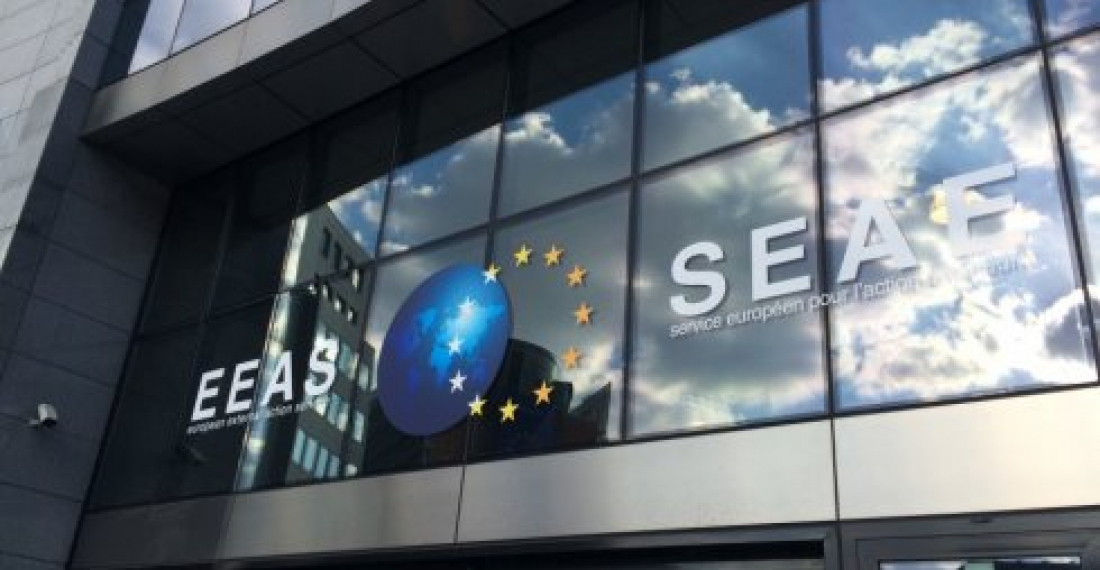The European Union on Tuesday (7 March)issued a statement on the case of the Azerbaijani blogger Mehman Husseynov. The statement, published on the website of the European External Action Service says:
The two-year sentence handed down on 3 March by a court in Baku to Azerbaijani blogger Mehman Huseynov on a charge of slander, after he reported that he was tortured during a brief incarceration in January, raises serious questions both as regards respect for freedom of expression and due process of law.
Mr Huseynov is known in Azerbaijan for his efforts to expose corruption. On the face of it, his sentence appears clearly disproportionate to the alleged crime. Reports of his irregular arrest, alleged ill-treatment, and irregularities in the subsequent court proceeding that ended in his conviction are of equally serious concern and should be immediately investigated. Mr Huseynov should be a witness in a credible and independent investigation of these allegations, seeking accountability for the perpetrators, as appropriate, not in jail.
Respect for freedom of expression is vital in any democratic society. The European Union expects Azerbaijan to respect its international commitments both as regards fundamental freedoms and due process.
source: commonspace.eu with the press service of the European Union Extern Action Service







